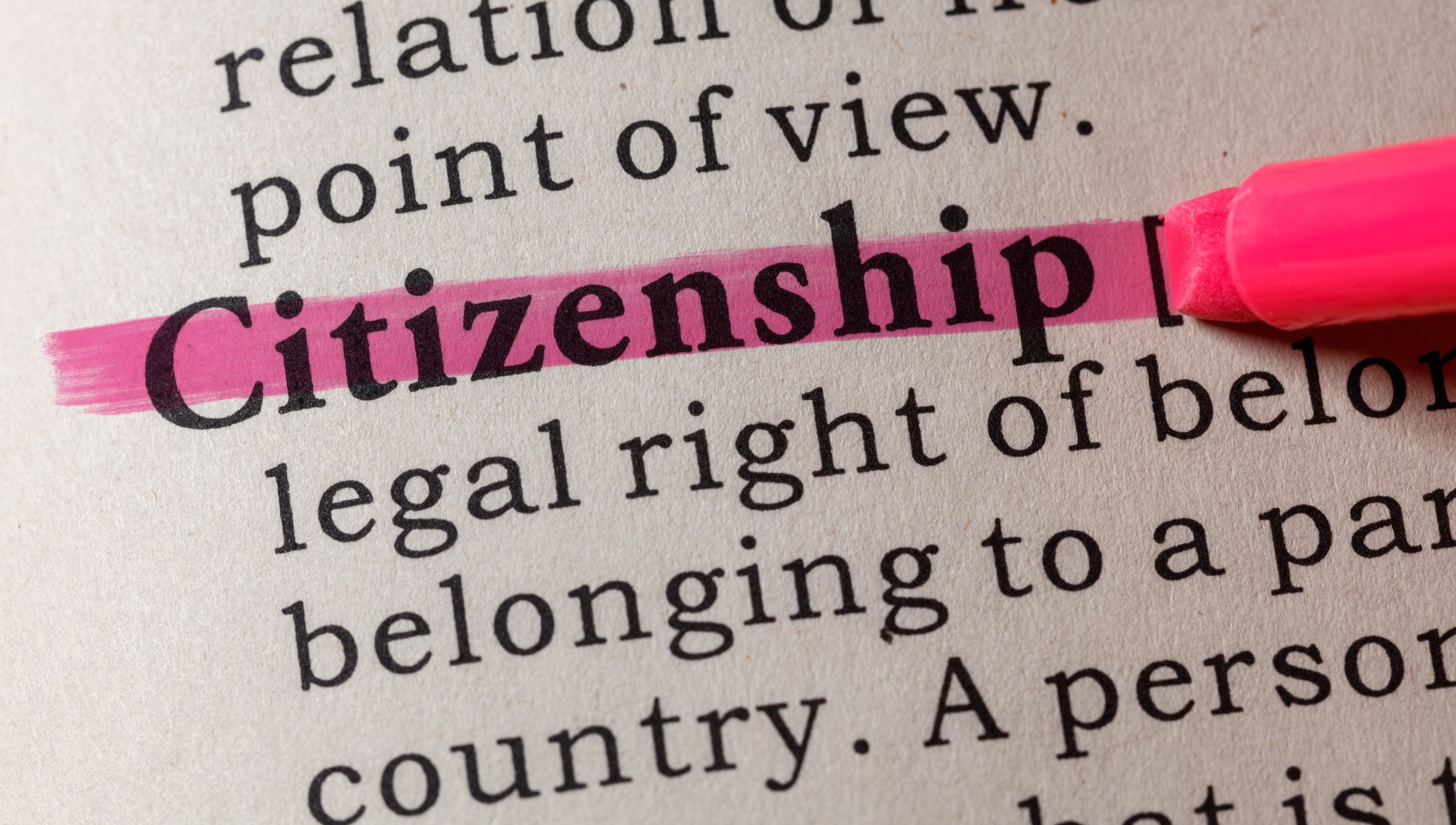Now Reading: Citizenship Certificate vs. Naturalization Certificate
-
01
Citizenship Certificate vs. Naturalization Certificate

Citizenship Certificate vs. Naturalization Certificate
At a first glance, these two forms of identification can seem similar, or even the same. After all, they both attest to your being a citizen of the United States and give you full rights as a citizen. However, there are some differences between them and more importantly, between who needs and can obtain one or the other. Let’s look at these differences and compare them face to face!
What is a citizenship certificate?
A citizenship certificate is a type of identity document that attests that a child, born outside of the United States, derives citizenship from one or two citizen parents. It is a document issued by the state as a response to filing an N-600 Form and it requires nothing else from the person for whom it is issued. Because it is issued to a child, it does not require any knowledge test or background check, and the form is submitted by parents as soon as they arrive back in the US. Simply put, if you have a child while on vacation to another country, the child will be issued a birth certificate by that country, which cannot prove US citizenship for them. You will need to apply for a citizenship certificate to accompany it. Visit https://www.fileright.com/ for more information.
Who needs a citizenship certificate?
In one word, children. Children of US citizen parent(s) who are born abroad cannot be issued a United States birth certificate, so by law, they are not US citizens themselves. However, being born to citizen parents, they should have citizenship themselves, so here is where the certificate comes into play. It will accompany the birth certificate to attest citizenship and give the child in question full rights and obligations as a US citizen. This does not mean that adults never need citizenship certificates issued or replaced, as they can get lost or damaged, or you may need to file for your own certificate for the first time, in some special situations.
What it a naturalization certificate?
Like a citizenship certificate, a naturalization certificate gives the holder full rights and responsibilities as a US citizen and does not expire. However, the process is different and more complicated. While citizenship is issued almost automatically, naturalization takes time and one or more audiences, as well as more documents to be submitted. At the end of the process, a naturalization certificate is issued, which attests that the holder is a US citizen with full rights, including citizenship that extends to their children. A naturalization certificate is the equivalent of a birth certificate, obtained by adults not born in the US.
Who gets a naturalization certificate?
Again, in a few words, permanent immigrants. Adults who move to the United States can apply for a naturalization certificate if they meet all the requirements and are prepared to take on the obligations of a US citizen. Look at the requirements for naturalization on the official USCIS website. They essentially become full citizens in the eyes of the law, as if they had been born on US soil to citizen parents. With a naturalization certificate, there is no legal difference between a US-born citizen and an immigrant citizen. While a green card is required before applying for naturalization, a naturalized citizen does not require a green card. They have a permanent right of residence that does not expire.
Naturalization and birth certificate
In essence, the two are the same. A naturalization certificate is like a second birth certificate issued to a foreign-born person who becomes a US citizen and is, in essence, proof of their “rebirth” as a US citizen. While birth certificates are issued at birth at the request of the hospital or parents, and a naturalization certificate is issued to an adult, the two hold the same legal weight and carry the same rights and responsibilities.
Bottom line
While it may not be the most accurate, a good rule of thumb is to verify when and to whom a certificate was or needs to be issued. Issued at birth to a child, that’s citizenship. Issued later in life to an adult, that’s naturalization. Remember that some countries automatically issue citizenship to any child born on their soil, so both can come with dual citizenship. Also remember that while the Oath you take to naturalize speaks of relinquishing allegiance to other countries, the US law permits dual citizenship.
Author: 











